 |
| June 23, 2020 |
Dear Reader,
Police forces across the U.S. have used weapons categorized as "less lethal" to disperse crowds and subdue individuals at recent protests against police brutality and systemic racism. Tools such as rubber bullets and tear gas are sold as an alternative to the kind of force that immediately kills. But despite their label, these weapons are not harmless. One of the stories included in today's roundup is about how these devices can still cause serious injury and, in some cases, death. In space news, Pluto is now famously frigid but a new study finds that it may have started off as a hot world that formed rapidly and violently. The research suggests the dwarf planet had an underground ocean since early on in its life, potentially improving its chances of hosting life, according to scientists. And, from the July issue, our lead story is about the structure and function of SARS-CoV-2. It's an interactive guide featuring a 3D model of the pathogen and visual explanations of how it sneaks inside human cells, makes copies of itself and bursts out to infiltrate many more cells, widening infection. |
| | Sunya Bhutta, Senior Editor, Audience Engagement
@sunyaaa | |
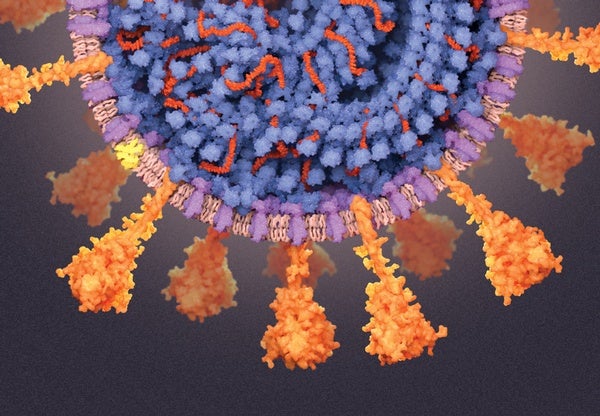 |
| A Visual Guide to the Coronavirus What scientists know about the inner workings of the pathogen that has infected the world By Mark Fischetti | Graphics: Veronica Falconieri Hays | Consultant: Britt Glaunsinger | |
| |
| |
| |
| |
| Physics Is Dark Matter Made of Axions? New experimental results suggest these long-sought subatomic particles could explain the universe's missing mass | | | | |
| |
| |
| |
FROM THE STORE
 | | | |
| |
FROM THE ARCHIVE
 | | | |
| QUOTE OF THE DAY
 "The pandemic has shown the dangers of misinformation, ignorance and confusion. Together we can elevate sense over nonsense, and perhaps the world will emerge from this crisis with a better understanding of pathogens, public health, the research process and the importance of making decisions based on the best evidence." Laura Helmuth, Editor in Chief of Scientific American | |
LATEST ISSUES
 |
| |
| Questions? Comments?  | |
| Download the Scientific American App |
| |
| |





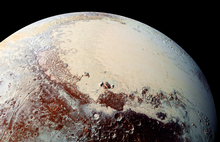





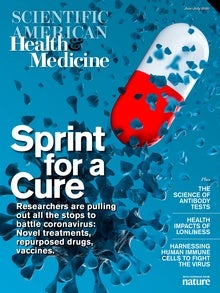

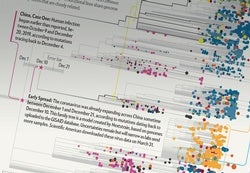
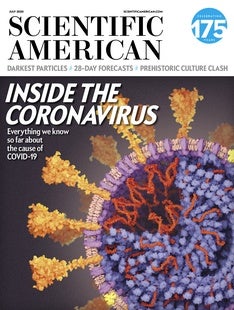

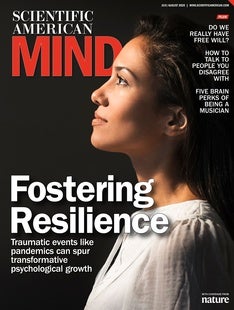
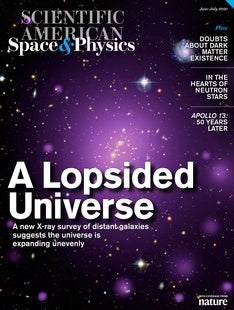
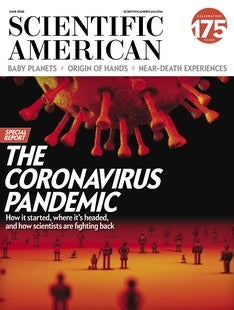



Comments
Post a Comment